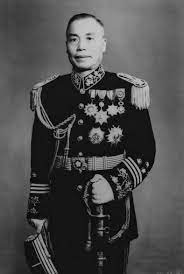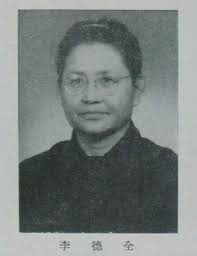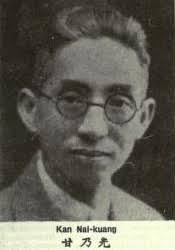Lung Yün (1888-27 June 1962), was governor of Yunnan from 1928 until 1945, when he was deposed. He spent 1945-48 in Chungking and Nanking as an unwilling guest of the National Government. After 1949 he held nominally senior posts in the Central People's Government. He came under censure as a rightist in 1957 and was […]












